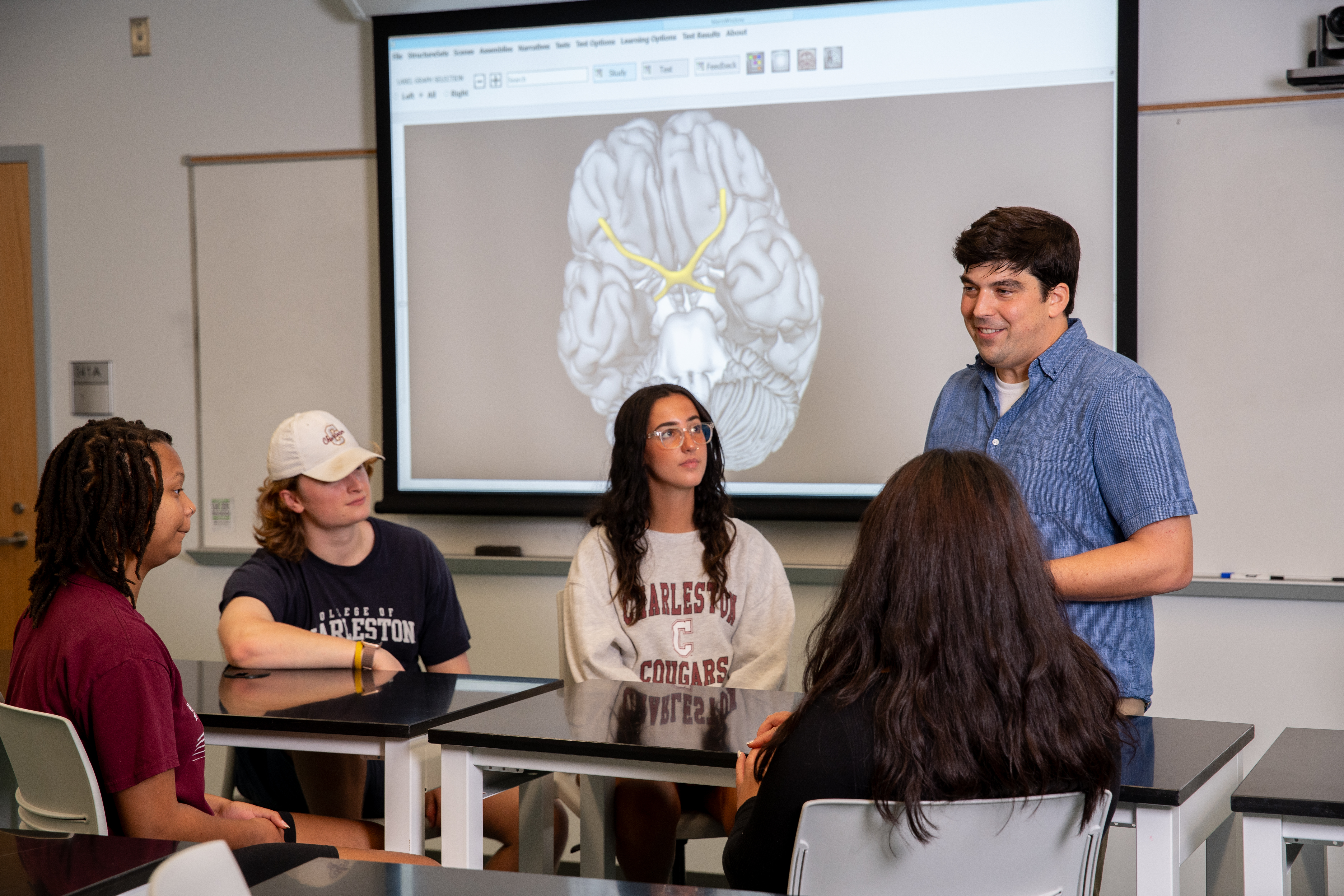Design Your Own Specialization
The world of communication is vast. In COMM, you have the unique opportunity to plot your course through the major or minor according to your interests. You can check out a few of our Variable Topics courses, find one that interests you, and take the class to see how it feels. Our professors are industry experts who will guide you through the different aspects of communication career possibilites.
Common Specializations in COMM
-
Journalism
In today’s world, authentic storytelling in truthful journalism is essential to continuing the conversations about issues faced by people everywhere. As a student in COMM’s journalism classes, you’ll learn how to craft relatable and meaningful stories for audiences of all kinds.
Classes:
Student project spotlight
COMM 410: Literary Journalism
Capstone: Audio Investigations
Capstone: In-Depth Journalism -
Strategic Communication
Strategic communication is all about communicating the best message, through the correct channels, to the right people, at the right time. In the Department of Communication’s classes on strategic communication, you’ll learn best practices for branding, public relations, and promoting messages through media channels.
Classes:COMM 216: Principles and Practices in Strategic Communication
Student Project Spotlight
COMM 336: Media Relations -
Political Communication and Civic Dialogue
Are you interested in how the spread of information affects politics, policymakers, media and citizens? You may want to study political communication.
Classes:
Student Project Spotlight
COMM 315: Freedom of Speech
COMM 389: Public Opinion and American Politics (usually offered during election years)
COMM 410: Inspiring Speeches
Capstone: Activism and Social Justice: A Rhetorical Study of Resistance and Control -
Science and Healthcare Communication
Scientific and medical communication is all about condensing complicated and often anxiety inducing issues down to easy-to-understand concepts that non-professionals can understand, often for the purposes of activism and awareness or fundraising for research.
Classes:
student project spotlight
COMM 336: Environmental Communication
COMM 410: Communicating Science
Ethics and Civic Engagement

Media Law & Ethics

Sport and Society

Communicating Science
